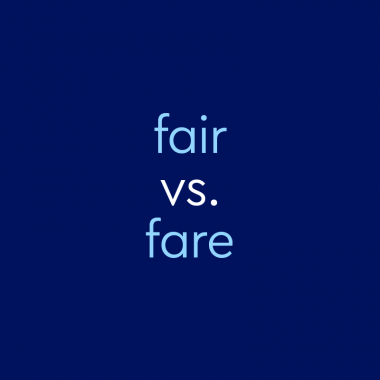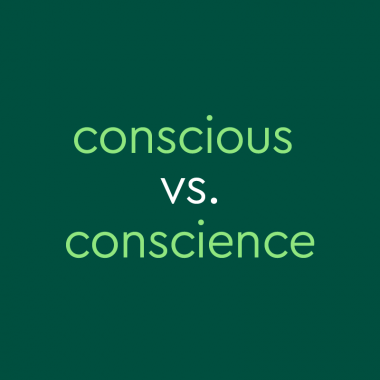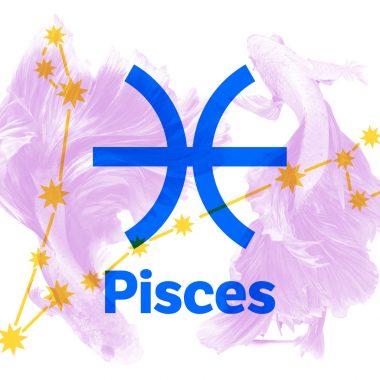Dance To The Beat Of The Origins And Facts About 12 Caribbean Music Styles
Puerto Rican songwriter Bad Bunny loves to meld genres—reggaetón blended with a little pop here, punk and rock there, and also soul. In a way, his music perfectly encapsulates Caribbean and Latin American music and its history of weaving and fusing together different musical styles that come together for a highly danceable mix. From reggaetón to the cha-cha-cha to the “singing newspapers” known as plena, Caribbean and …











